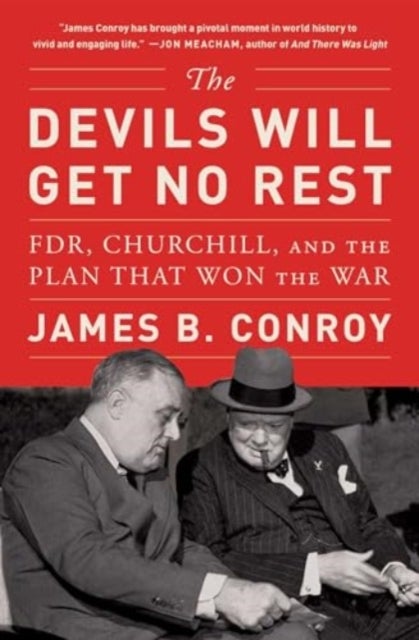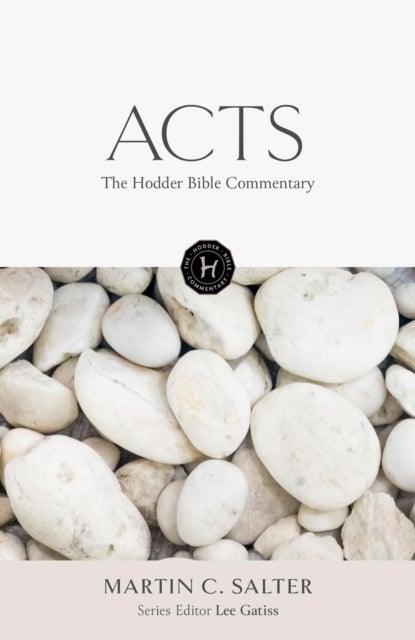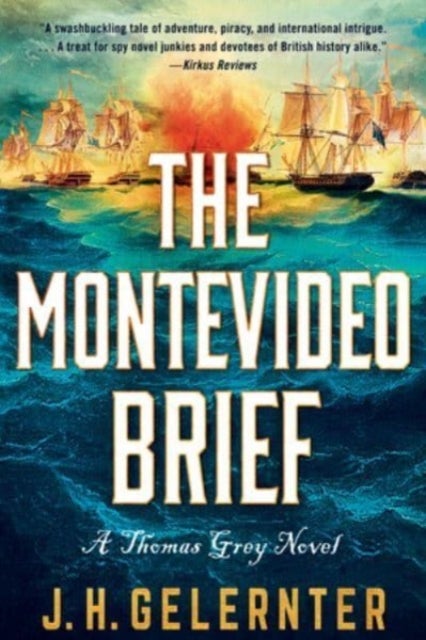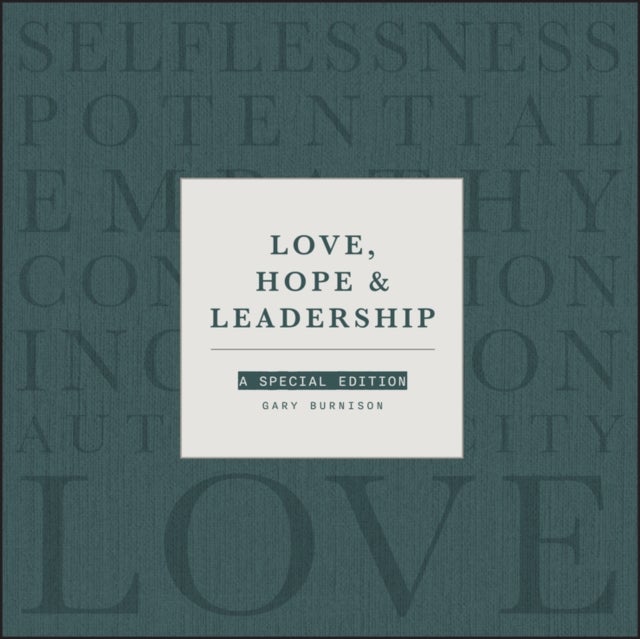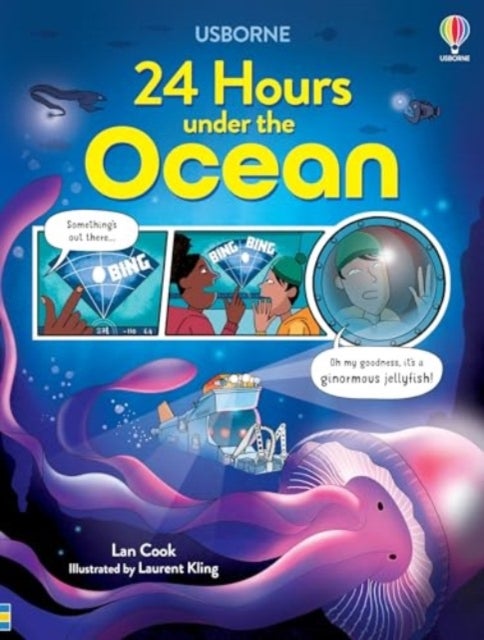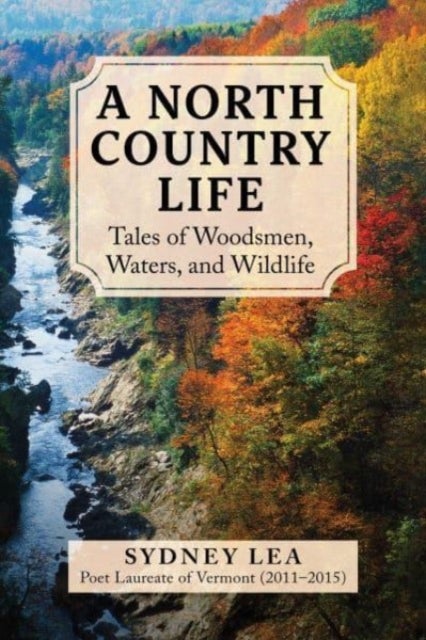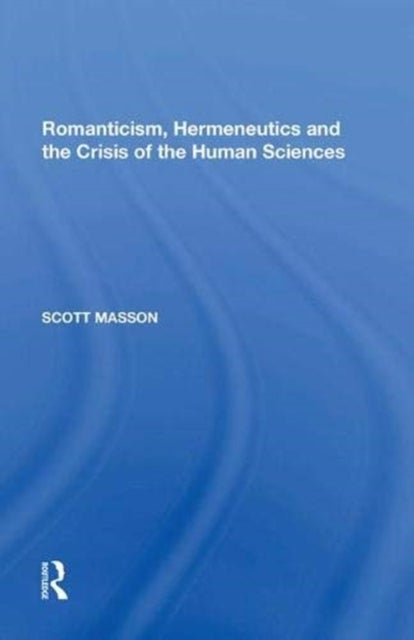
Romanticism, Hermeneutics and the Crisis of the Human Sciences av Scott Masson
199,-
The human sciences established and developed in the nineteenth century have slowly disintegrated. It is an ironic end. It was in the name of the greater legitimacy of more universal psychological criteria that its architects disavowed the traditional theological standard for valuing and evaluating human words and deeds. With hindsight, we can see that universality was indeed gained, but only at the cost of alienating any sense of common legitimacy. Harold Bloom, defending the canon largely in the humanising, ''moral sense'' convention of critics operating since Matthew Arnold, has resolutely maintained the common legitimacy of aesthetic value against the claims of particular interest groups. But the very universality attached to aesthetic value is at odds with the world of common sense, and thus lies at the root of the problem. To complicate matters, this universality has been understood as a traditional criterion. A more radical treatment of the subject is needed. This study begins by

